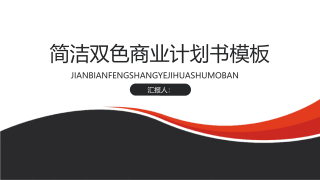二语词汇习得中词汇知识表征作用的研究
浙江财经学院硕士学位论文V摘要词汇是语言的建筑材料,因而词汇是外语学习过程中的一个关键要素。对语言学习者来说,词汇的积累无疑是一个必经环节。因此,无论是词汇学习还是词汇教学都不容忽视。然而,对绝大多数英语学习者来说,充分的词汇学习是英语学习过程中最大的难点。而目前第二语言词汇习得的理论基础还比较薄弱,并且词汇教与学的现状也不容乐观,这一点笔者在两所高中所进行的调查可以证明。因此,对寻找合理、有效的词汇习得的方法就显得非常必要。首先本文以词汇概念和认知模型理论,长时记忆以及层次加工理论为依据来阐述词汇知识表征网络构建的必要性;其次基于前人的研究成果,本文将对词汇知识模型进行重塑;最后本文将按相关...
相关推荐
-
我国基层财政困难的制度成因分析与对策研究VIP免费
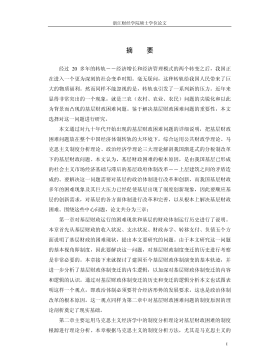
 2024-09-20 46
2024-09-20 46 -
我国煤电产业链纵向交易合约机制研究VIP免费
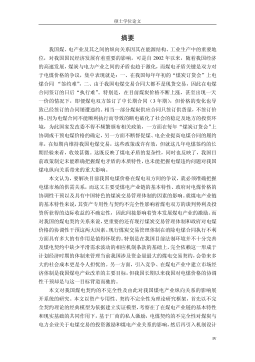
 2024-09-20 43
2024-09-20 43 -
生产要素视角下的上海市产业结构优化研究VIP免费
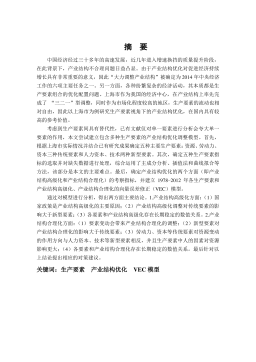
 2025-01-09 8
2025-01-09 8 -
我国银行业结构与经济结构关系研究VIP免费
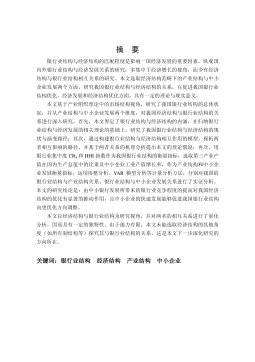
 2025-01-09 17
2025-01-09 17 -
大数据视角下农业供应链金融研究VIP免费
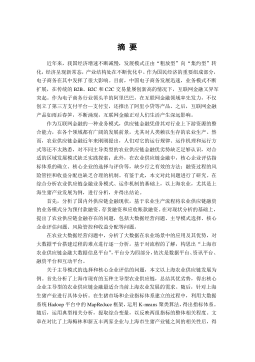
 2025-01-09 14
2025-01-09 14 -
跨国大型综合超市的规划研究VIP免费
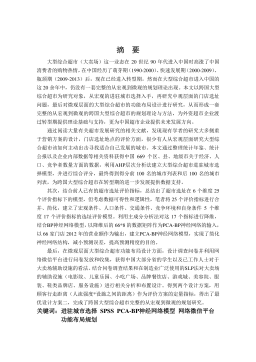
 2025-01-09 9
2025-01-09 9 -
跨境电商农产品质量安全问题研究VIP免费
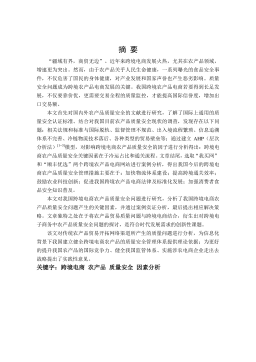
 2025-01-09 9
2025-01-09 9 -
世界市场的虚拟化与我国国际电子商务发展方向研究VIP免费
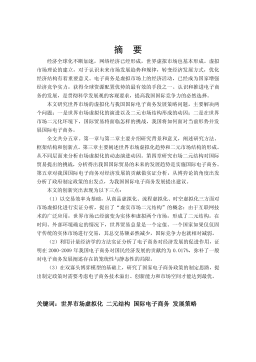
 2025-01-09 43
2025-01-09 43 -
中国政府对电力行业的价格规制问题研究VIP免费
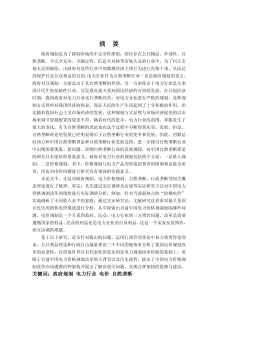
 2025-01-09 19
2025-01-09 19 -
中小企业信息化系统集成技术研究VIP免费
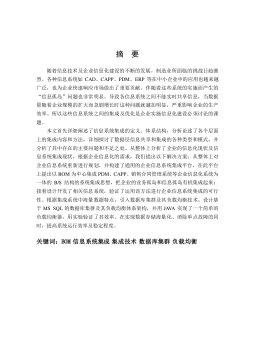
 2025-01-09 30
2025-01-09 30
相关内容
-

跨国大型综合超市的规划研究
分类:高等教育资料
时间:2025-01-09
标签:无
格式:PDF
价格:15 积分
-

跨境电商农产品质量安全问题研究
分类:高等教育资料
时间:2025-01-09
标签:无
格式:PDF
价格:15 积分
-

世界市场的虚拟化与我国国际电子商务发展方向研究
分类:高等教育资料
时间:2025-01-09
标签:无
格式:PDF
价格:15 积分
-

中国政府对电力行业的价格规制问题研究
分类:高等教育资料
时间:2025-01-09
标签:无
格式:PDF
价格:15 积分
-

中小企业信息化系统集成技术研究
分类:高等教育资料
时间:2025-01-09
标签:无
格式:PDF
价格:15 积分


